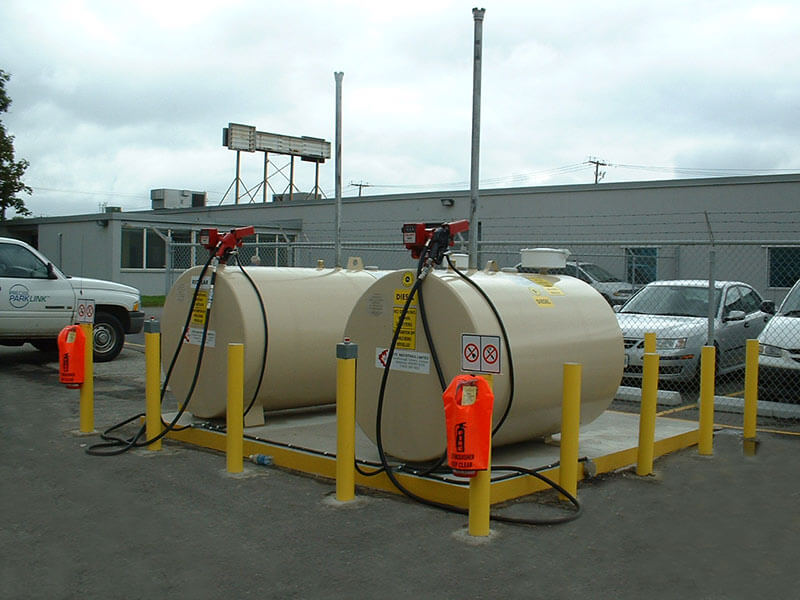When you think of home maintenance it is common for certain tasks to be left unfinished, and one of them is the replacement of oil tanks. Oil tanks for residential use have a significant role to play in the infrastructure of your home, and their efficient functioning is vital for security and peace of mind. The majority of homeowners do not think about replacing their oil tanks until they’re forced to. This article will help you understand the importance of an oil tank replacement, and the elements which influence costs.
Repairs to Oil Tanks: Getting their importance
You might not think about your residential oil tank every day, but it’s vital for both environmental and financial goals. Leaks of oil, regardless their size, are an issue that could result in significant environmental and financial consequences. To protect yourself and avoid potential disasters, it is essential to conduct regular inspections and repair an oil tank.
Factors affecting Oil Tank Replacement Cost
The cost of replacing a heating system for your home depends on many aspects. Understanding these variables will assist you plan and budget for the replacement.
The cost of the replacement of an oil tank is largely determined by the type of tank that you select. Double-wall, fiberglass, and steel tanks are all options that are common. Each type has its own set of benefits, and the cost is based on the.

The size of the oil tank you require will depend on the heating needs of your home and the space available. The capacity of tanks with larger capacities are generally greater, and they will cost more to be replaced.
Location: The location of the tank within your house will determine the accessibility of the installation and thus, the cost. The distance and accessibility of the heating system are important factors in determining costs. For more information, click oil tank replacement cost
Proximity to the Furnace: The distance between the oil tank and furnace or heating device is an important consideration. The tank could need to be moved when it is situated too far away from the heating unit. This could result in more labor and pipe costs.
Estimating the Costs for Oil Tank Replacement
It’s important to get estimates from reputable service providers to have an accurate estimate of the replacement costs for your oil tank. Prices can differ, but an estimate will give you a rough idea.
The cost for replacing the oil tank may range from $1,500 to $4,500 or more. It includes the price of the tank, installation, the work and any additional expenses, like permits or the removal of the old tank. But, it’s essential to receive a custom quote based on your specific circumstances.
Making an investment in Safety and Comfort
Removing your tank of oil isn’t just an investment in your home’s safety; it’s an investment in your home’s safety and comfort. It is vital to protect your home and family by making sure that your heating system functions properly and the oil storage is safe.
Professional Oil Tank Replacement Process
Assessment and Consultation: A thorough assessment of your existing oil tank and its infrastructure is carried out to determine the best replacement options. You will receive suggestions that are tailored to your needs.
The technician will provide suggestions based on the information you have provided regarding the size and kind of oil tank you want to purchase which is the best fit for your home. It’s essential to choose the tank that is compatible with the requirements of your heating system and blends seamlessly with your property.
Installation: The tank is carefully removed and then the new tank is installed in the designated location. The installation is performed by skilled technicians who ensure that it conforms to local laws as well as safety guidelines.
Validation and Testing: Once the tank has been installed and tested, it must be thoroughly checked to make sure it’s operating properly and doesn’t leak. This step is essential to ensure the system’s safety and effectiveness.
Cleanup and disposal: The installation team will tidy up the area of work, dispose of the tank in a responsible manner, and leave your property clean.
Conclusion
Any homeowner would be wise to think about replacing their oil tank. It not only helps to avoid possible environmental and financial hazards However, it also enhances the security and comfort of your household. It is possible to make the best decisions by evaluating the costs of replacing the oil tank and understanding the importance of their replacement.